Preparing for your U.S. F-1 student visa interview can be a nerve-wracking experience, but having the right documents in hand can make the process smoother. Here’s a comprehensive list of documents you’ll need to bring with you to ensure a successful interview.
1. Form I-20
- The I-20 form is issued by your U.S. educational institution and is essential for your visa interview. Ensure that it is signed by both you and the designated school official (DSO). This document serves as proof of your acceptance and outlines your study plans.
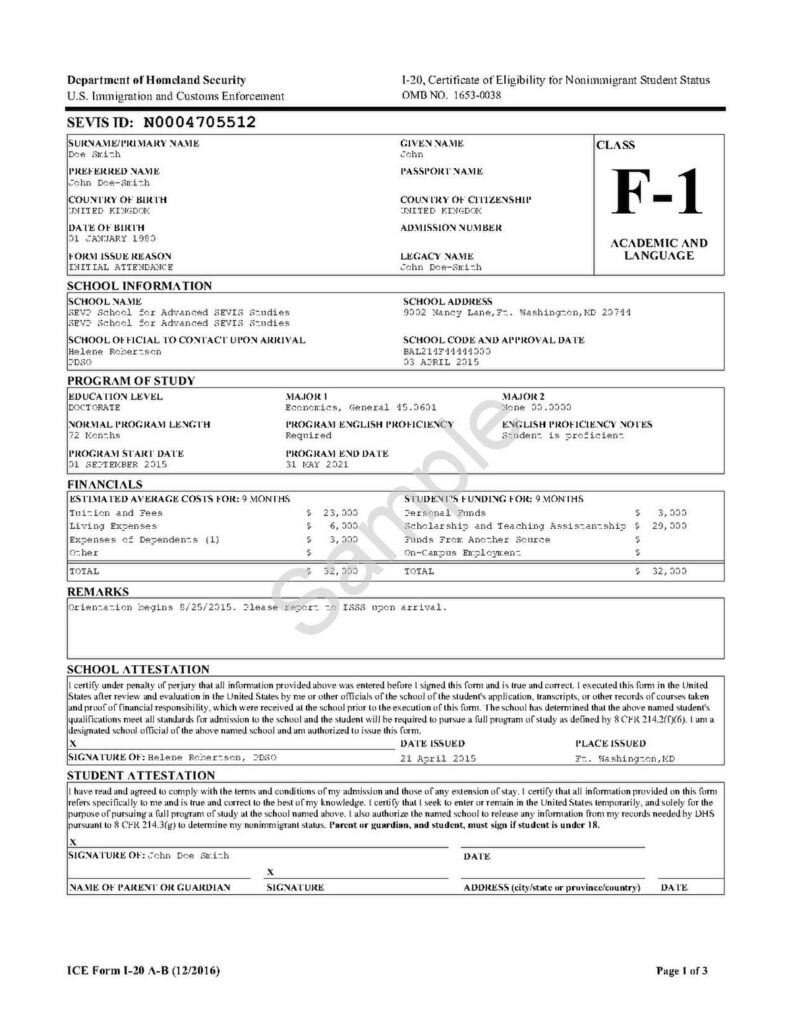
2. Passport (Original)
- Your passport must be valid for at least six months beyond your intended stay in the U.S. Make sure to bring the original passport to the interview. If you have previous passports with U.S. visas, it’s advisable to bring those as well.

3. DS-160 Confirmation Page
- After completing the DS-160 form online, you will receive a confirmation page with a barcode. Print this page and bring it to your interview. This form is your official application for a non-immigrant visa.
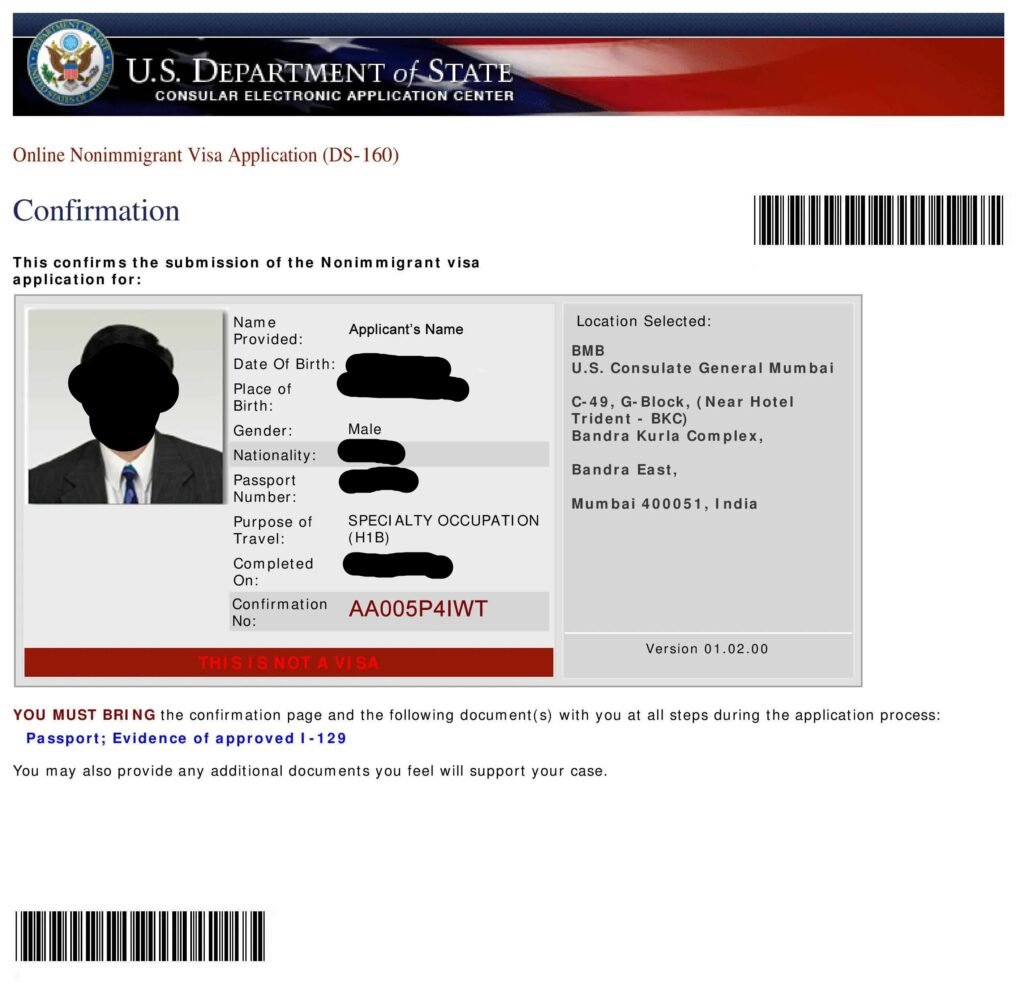
4. SEVIS Fee Receipt
- The SEVIS (Student and Exchange Visitor Information System) fee must be paid before your interview. Print the payment receipt and bring it along. This fee is mandatory for all F-1 visa applicants.

5. Passport-Size Photos
- Bring two recent 2×2 inch passport-size photos that meet the U.S. visa photo requirements. Make sure they are identical and have a white background.

6. Appointment Confirmation
- Print the appointment confirmation page that you received when scheduling your visa interview. This document confirms the date and time of your interview.

7. Academic Transcripts (Original)
- You will need to bring your original academic transcripts. The specific documents depend on the level of study you’re pursuing:
- For Graduate/Master’s Students: Bring your undergraduate transcripts. It’s also advisable to bring your high school (+2) transcripts for added assurance.
- For Undergraduate Students: Bring your high school (+2) transcripts.

8. English Proficiency Test Scores (EPT)
- If your program requires proof of English proficiency, bring your official test scores. This can include scores from tests such as IELTS, TOEFL, or Duolingo.

9. Additional Supporting Documents (Optional but Recommended)
- Financial Documents: Bring proof of financial support, such as bank statements, affidavits of support, and scholarship letters.
- Letter of Admission: A copy of your admission letter from the U.S. institution.
- Resume/CV: An updated resume can help demonstrate your academic and professional background.
- Letters of Recommendation: If applicable, bring any recommendation letters that were part of your application.
Disclaimer
The documents listed above are based on general guidelines and can vary depending on the U.S. embassy or consulate you visit. It’s essential to check the specific requirements of your local U.S. consulate before your interview. Additionally, visa approval is at the discretion of the consular officer, so bringing these documents does not guarantee visa issuance. Always double-check with your educational institution and the U.S. consulate for any additional documentation you may need.
Conclusion
Being well-prepared with the right documents is key to a successful F-1 student visa interview. Double-check this list, organize your documents in advance, and approach your interview with confidence. Good luck!

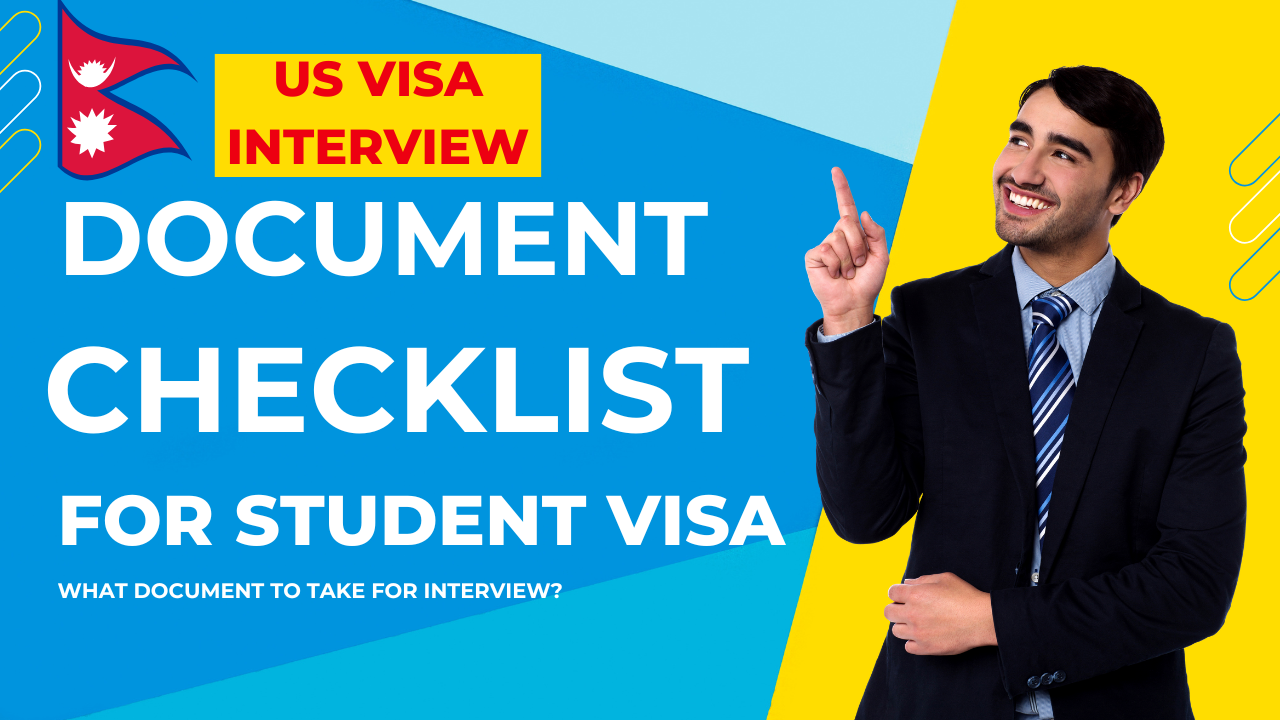

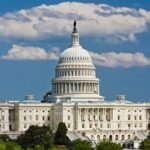
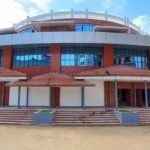



1 thought on “Documents Checklist for USA Student Visa Interview”
Comments are closed.